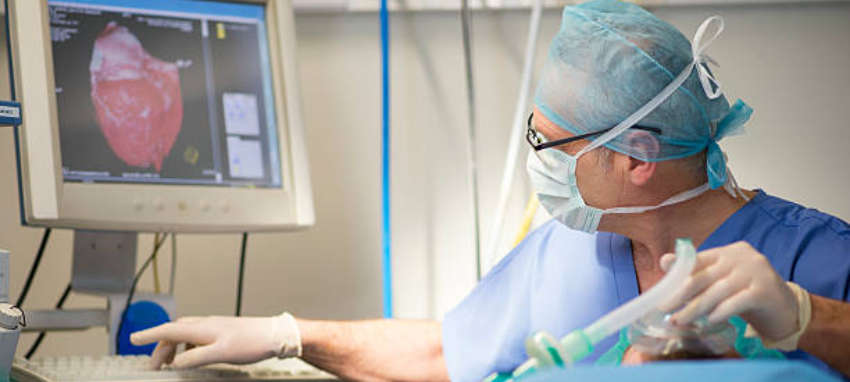Latest Heart Surgery Treatment Hospital
Cardiology is a medical specialty and a branch of internal medicine concerned with disorders of the heart. It deals with the diagnosis and treatment of such conditions as congenital heart defects, coronary artery disease, electrophysiology, heart failure and valvular heart disease. Subspecialties of the cardiology field include cardiac electrophysiology, echocardiography, interventional cardiology and nuclear cardiology.

Some of the strategies used by cardiologists to combat cardiovascular diseases include coronary artery bypass surgery, percutaneous coronary intervention, percutaneous transluminal angioplasty and stenting. Cardiologists also may diagnose cardiovascular disorders using blood tests, cardiac stress tests, echocardiography or electrocardiography or computed tomography and magnetic resonance imaging techniques.
Best Hospitals for Heart Surgeries in India
Symptoms that can indicate a heart problem include are shortness of breath, dizziness, chest pains, changes in heart rate or rhythm and high blood pressure. We often treat patients who have had a heart attack, heart failure, or other heart problems. We help make decisions about heart surgery, heart catheterization, and angioplasty and stenting.
A person may need to see a cardiologist even without symptoms, if they have a family history of heart disease or high cholesterol, if they are or have been a smoker, if they have diabetes, or if they are starting a new exercise program.